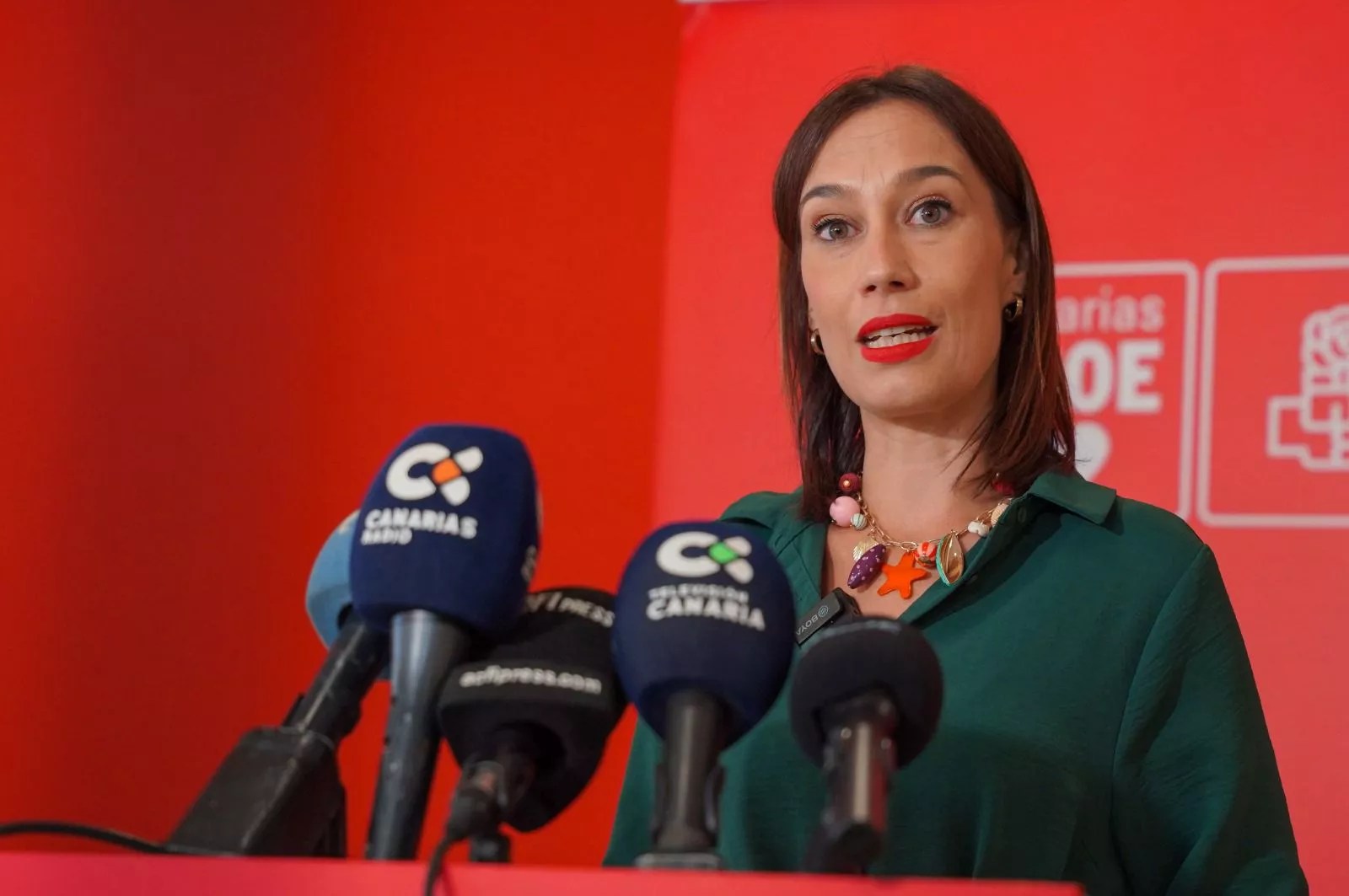
SANTA CRUZ DE TENERIFE, 9th Feb. (EUROPA PRESS) –
The Minister of Social Welfare, Equality, Youth, Children and Families of the Canary Islands Government, Candelaria Delgado, has called on the EU to “stand together in solidarity to support the management of the migratory flow that the Canary Islands are facing” and has requested that “measures be put in place and the necessary funding be provided to alleviate the strain on a small, fragmented and outermost territory like the Canary Islands, which is clearly insufficient to tackle this situation”.
During her address at the ‘High Level Policy Forum and Ministerial Conference: The integration of newcomers by EU Member States’, organized by the Belgian presidency of the Council of the European Union and held in Mechelen, she emphasized that the current situation requires “support and solidarity not only from the Government of Spain and the autonomous communities, but also from the European bodies and the member states.”
Candelaria Delgado highlighted the reality of the islands in terms of migration, with 7,270 arrivals on their shores in January, a figure that exceeds the number reached during the first half of 2023.
Furthermore, she pointed out that these figures come after last year’s historic record, with nearly 40,000 migrants, including 5,600 minors under the guardianship of the Government of the Canary Islands, according to a statement from the Ministry.
The meeting, attended by ministers from the 27 member countries of the European Union, as well as the United States, Canada and the United Kingdom, as well as politicians and migration experts, emphasized that “migration management is a concern for everyone, not just the border territories, such as the Canary Islands, which act as a point of arrival, and requires the shared responsibility of all to undertake national and transnational actions.”
The councillor particularly highlighted the situation of unaccompanied migrant minors, a group for which the Government of the Canary Islands expressed concern due to their extreme vulnerability.
She emphasized the efforts made by the autonomous Executive in this regard, currently accommodating around 5,600 minors in the 76 open centers on the islands.
Along these lines, she acknowledged that the islands do not have adequate resources to comprehensively care for them and requested support from community bodies to ensure the integration and training of minors.
Additionally, she highlighted the proposal for the establishment of a database of foster families at the European level to provide comprehensive care for these minors.
Candelaria Delgado emphasized that the support of all levels is crucial to progress towards a supportive society that demonstrates a real commitment to people, an attention that, she added, cannot be limited to a single territory, but must open borders as one of the main mechanisms to ensure their integration.
Along these lines, she expressed her trust that Spain and the EU will find solutions to the issue and be informed of the agreements reached with Mauritania to make progress in ensuring that the deadliest migratory route, the Canary Islands, “has its days numbered” and allowing migrants to arrive regularly.
DEVELOPMENT AND TRAINING
At the same time, she stressed the need to continue working on actions that go beyond and promote development and training in the countries of origin as one of the primary means to curb the mass exodus of people.
In this respect, she announced the training and cooperation initiative developed by the Government of the Canary Islands in Senegal for the training of 500 young people in various aspects related to the needs of their country, enabling them to work there, a measure that, she said, they hope to extend to other countries.
Furthermore, Candelaria Delgado highlighted the opportunity that this forum provides to showcase the reality in the Canary Islands and extended an invitation to hold a similar meeting in the Canary Islands to gain insight into the situation that the islands are currently facing.
















